Filter News
Area of Research
- (-) Electricity and Smart Grid (3)
- (-) Renewable Energy (4)
- (-) Transportation Systems (11)
- Advanced Manufacturing (34)
- Biological Systems (18)
- Biology and Environment (177)
- Biology and Soft Matter (5)
- Building Technologies (12)
- Chemical and Engineering Materials (4)
- Chemistry and Physics at Interfaces (11)
- Clean Energy (522)
- Climate and Environmental Systems (14)
- Computational Biology (6)
- Computational Chemistry (5)
- Computational Engineering (5)
- Computer Science (19)
- Data (1)
- Earth Sciences (1)
- Energy Frontier Research Centers (14)
- Energy Sciences (5)
- Fossil Energy (3)
- Fuel Cycle Science and Technology (3)
- Functional Materials for Energy (16)
- Fusion and Fission (54)
- Fusion Energy (17)
- Geographic Information Science and Technology (3)
- Isotope Development and Production (3)
- Isotopes (35)
- Materials (433)
- Materials Characterization (2)
- Materials for Computing (36)
- Materials Synthesis from Atoms to Systems (13)
- Materials Under Extremes (12)
- Mathematics (1)
- National Security (79)
- Neutron Data Analysis and Visualization (4)
- Neutron Science (190)
- Nuclear Science and Technology (74)
- Nuclear Systems Modeling, Simulation and Validation (3)
- Nuclear Systems Technology (1)
- Quantum Condensed Matter (4)
- Quantum information Science (9)
- Reactor Technology (1)
- Sensors and Controls (5)
- Supercomputing (311)
News Type
News Topics
Media Contacts
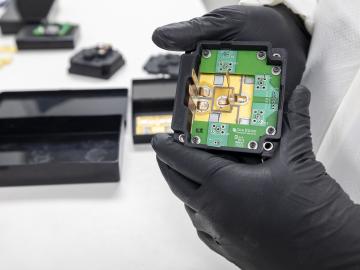
Researchers at the Department of Energy’s Oak Ridge National Laboratory are supporting the grid by improving its smallest building blocks: power modules that act as digital switches.
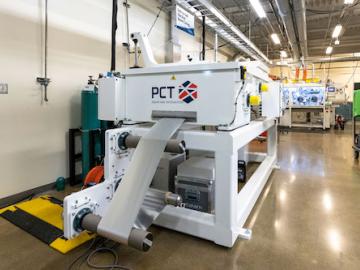
Researchers at the Department of Energy’s Oak Ridge National Laboratory and their technologies have received seven 2022 R&D 100 Awards, plus special recognition for a battery-related green technology product.

Although more than 92,000 dams populate the country, the vast majority — about 89,000 — do not generate electricity through hydropower.
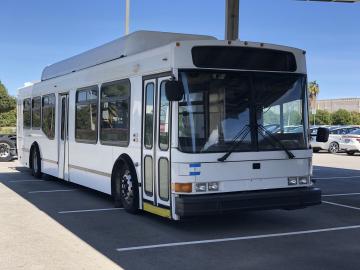
Oak Ridge National Laboratory researchers developed and demonstrated algorithm-based controls for a hybrid electric bus that yielded up to 30% energy savings compared with existing controls.
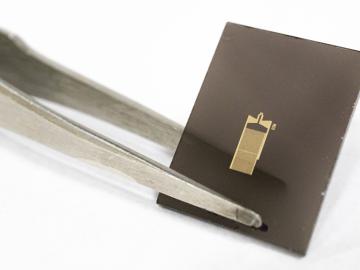
A method developed at Oak Ridge National Laboratory to print high-fidelity, passive sensors for energy applications can reduce the cost of monitoring critical power grid assets.
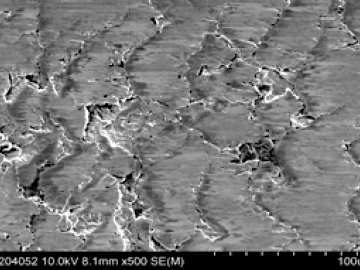
Researchers at Oak Ridge National Laboratory proved that a certain class of ionic liquids, when mixed with commercially available oils, can make gears run more efficiently with less noise and better durability.
It’s common knowledge that driving aggressively can dent gas mileage, but it’s difficult to determine exactly how much gas drivers waste. A new study by researchers at the Department of Energy’s Oak Ridge National Laboratory has quantified the impact speeding and slamming on the brakes has on fuel economy and consumption. They found that aggressive behavior behind the wheel can lower gas mileage in light-duty vehicles by about 10 to 40 percent in stop-and-go traffic and roughly 15 to 30 percent at highway speeds. This can equate to losing about $0.25 to $1 per gallon.
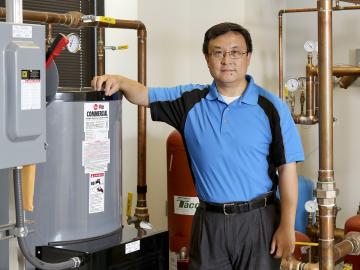
As a boy growing up in China, Xiaobing Liu knew all about Oak Ridge and the World War II Manhattan Project. He had no idea that he would one day work at DOE’s Oak Ridge National Laboratory, the Secret City’s successor. Liu is a lead researcher in geothermal heat pump (GHP) techn...
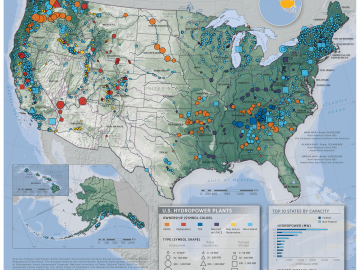
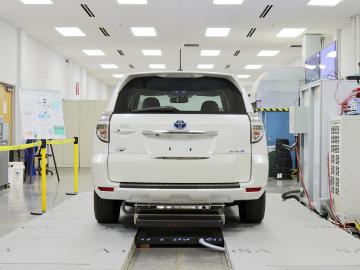
A 20-kilowatt wireless charging system demonstrated at the Department of Energy’s Oak Ridge National Laboratory has achieved 90 percent efficiency at three times the rate of the plug-in systems commonly used for electric vehicles today. This ability can help acc...




